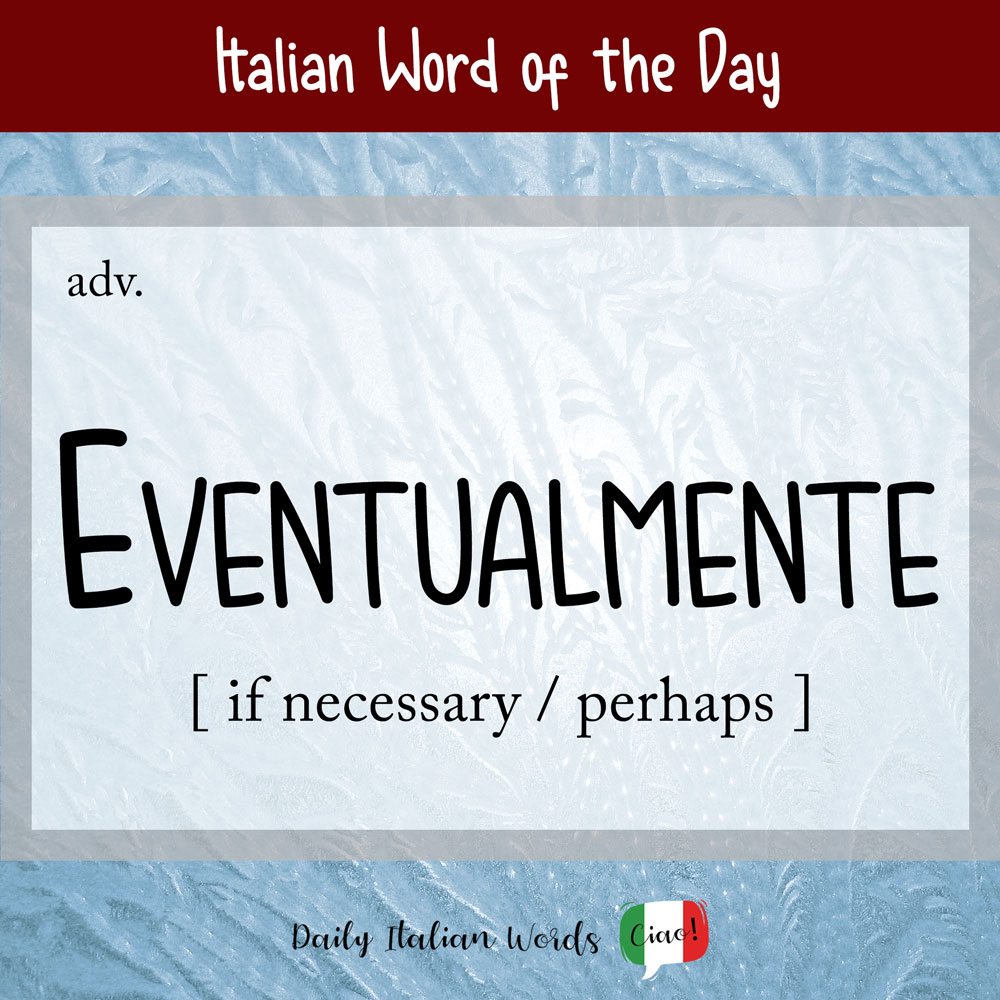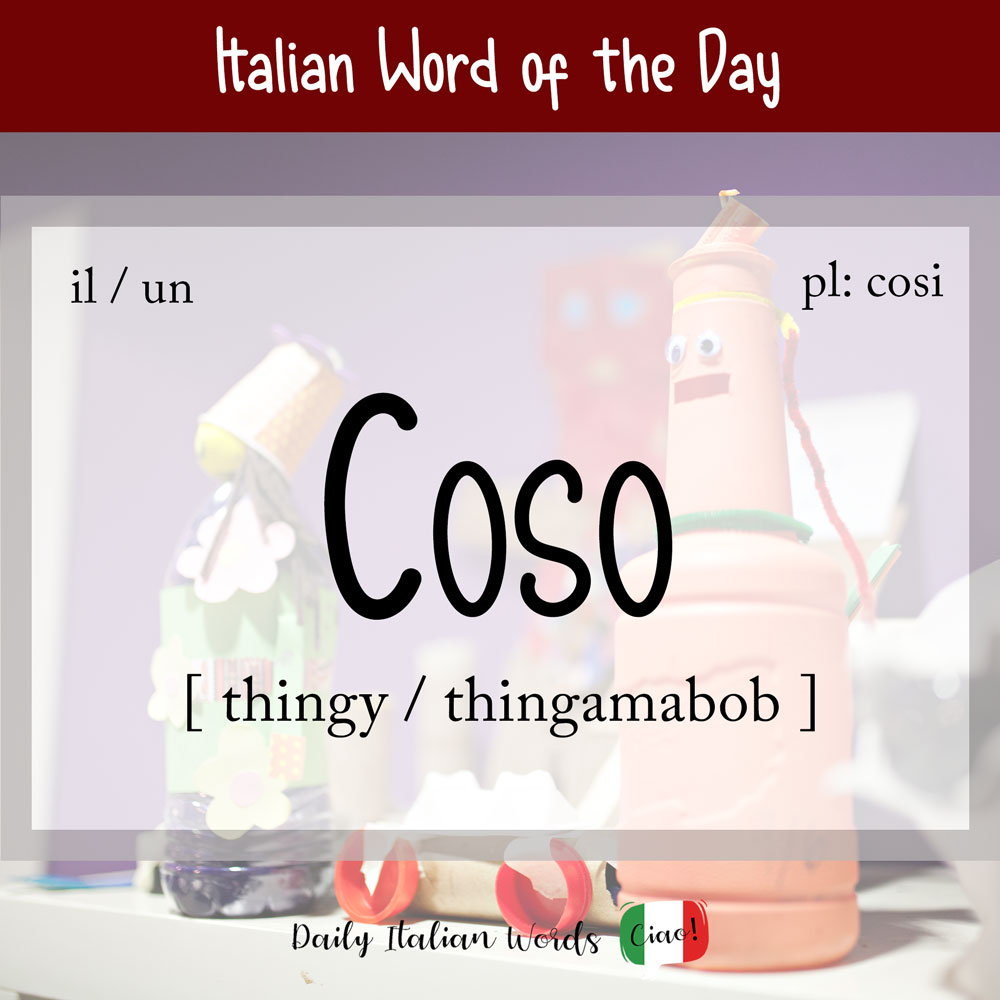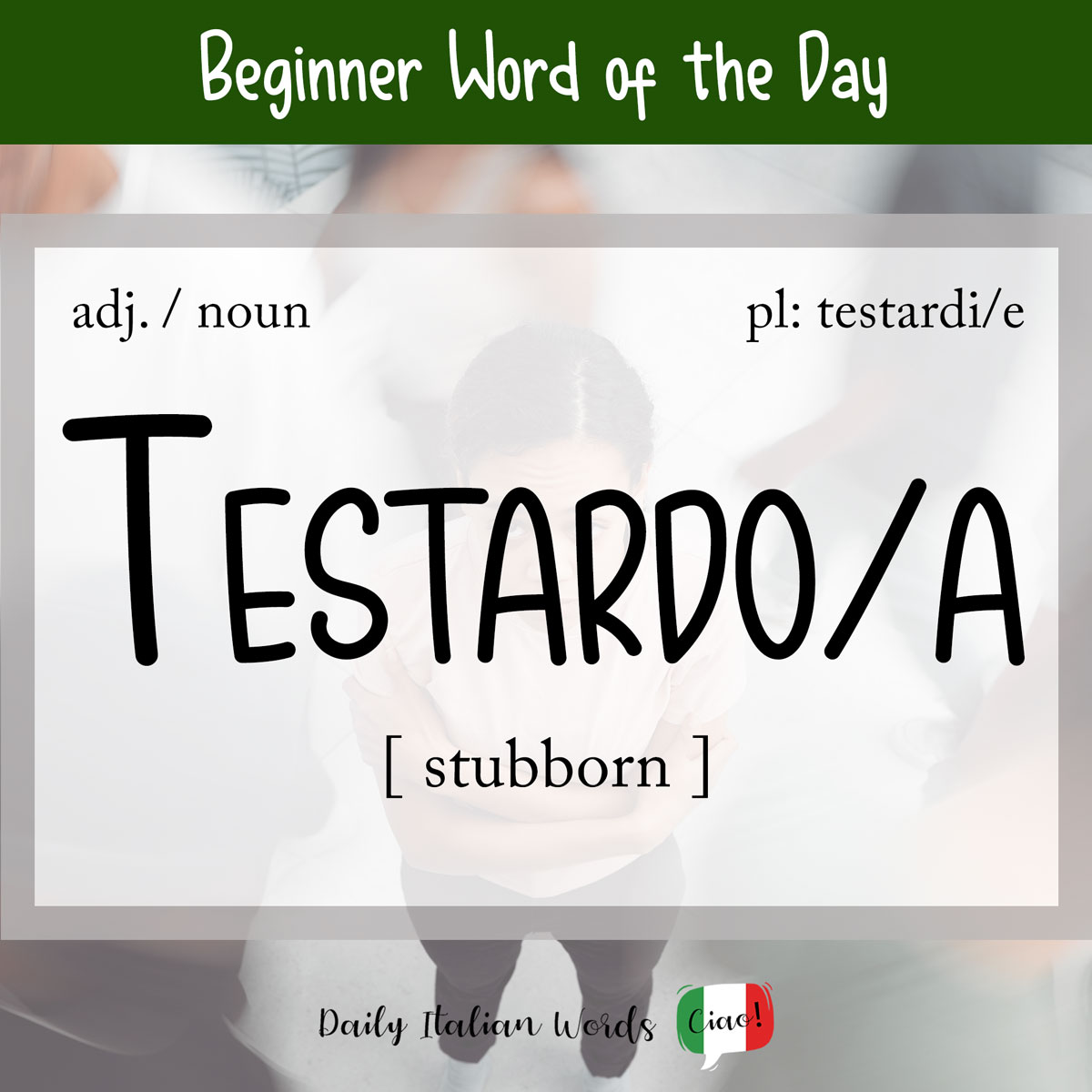Italian Word of the Day: Scorciatoia (shortcut)
If you are in a hurry to get from point A to point B, you may prefer to take a scorciatoia (feminine, plural: scorciatoie) – the word for shortcut in Italian – rather than the long way around. The word is a combination of the verb scorciare, which means to shorten, and the instrumental suffix …






